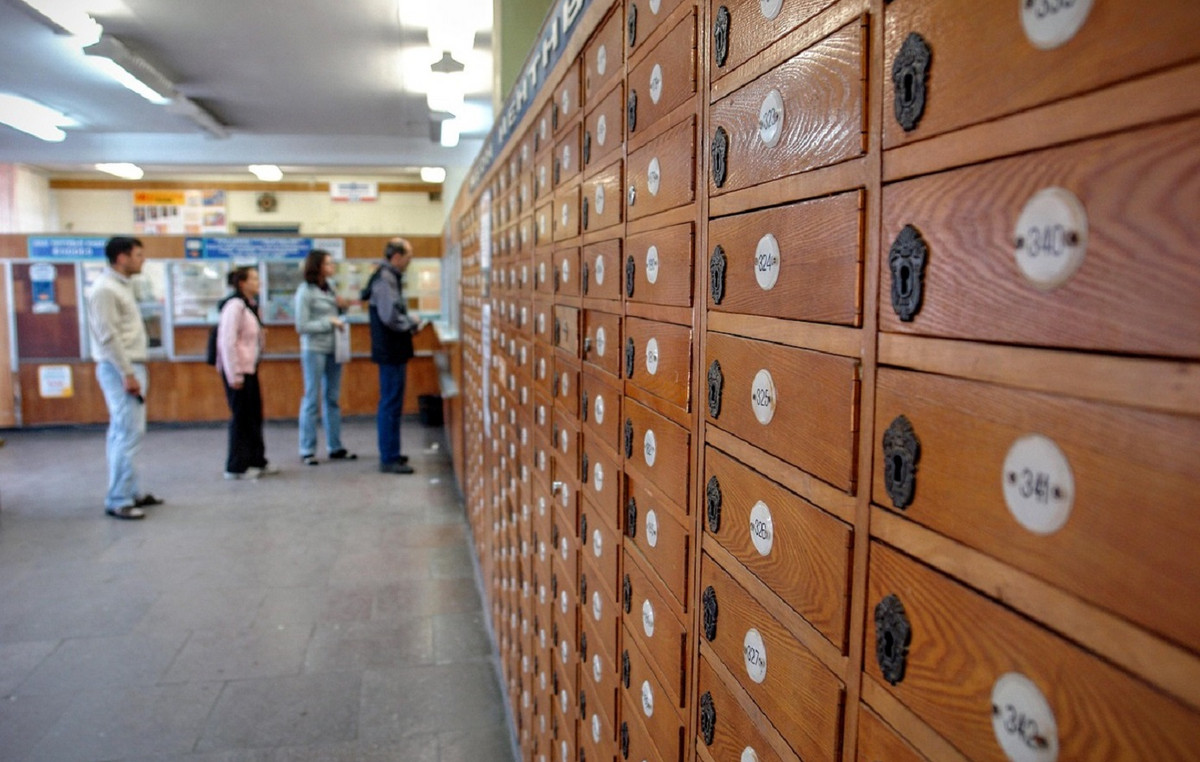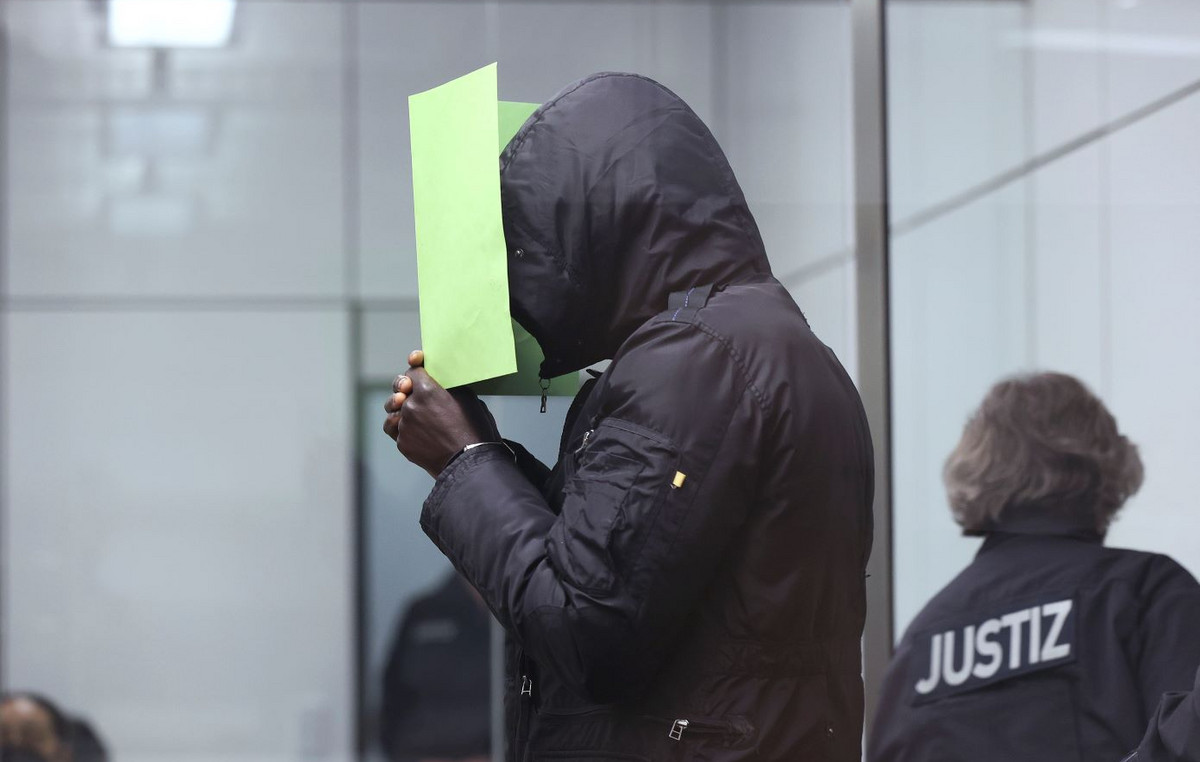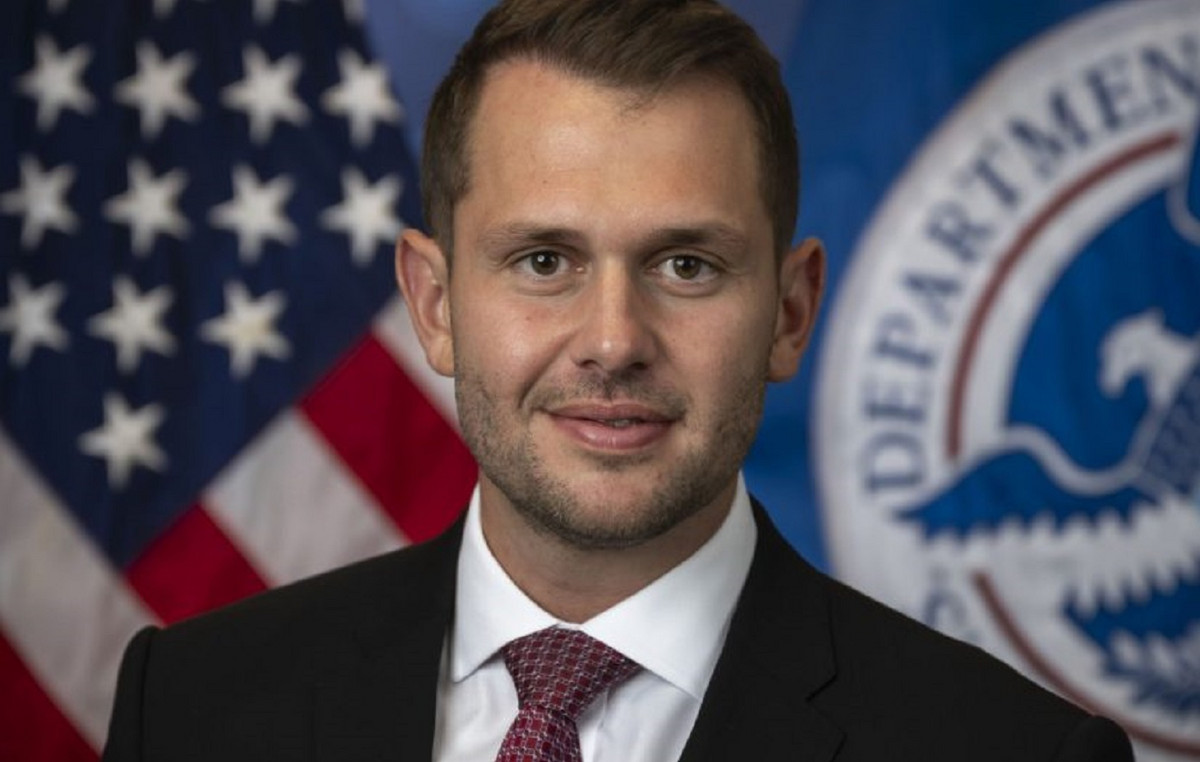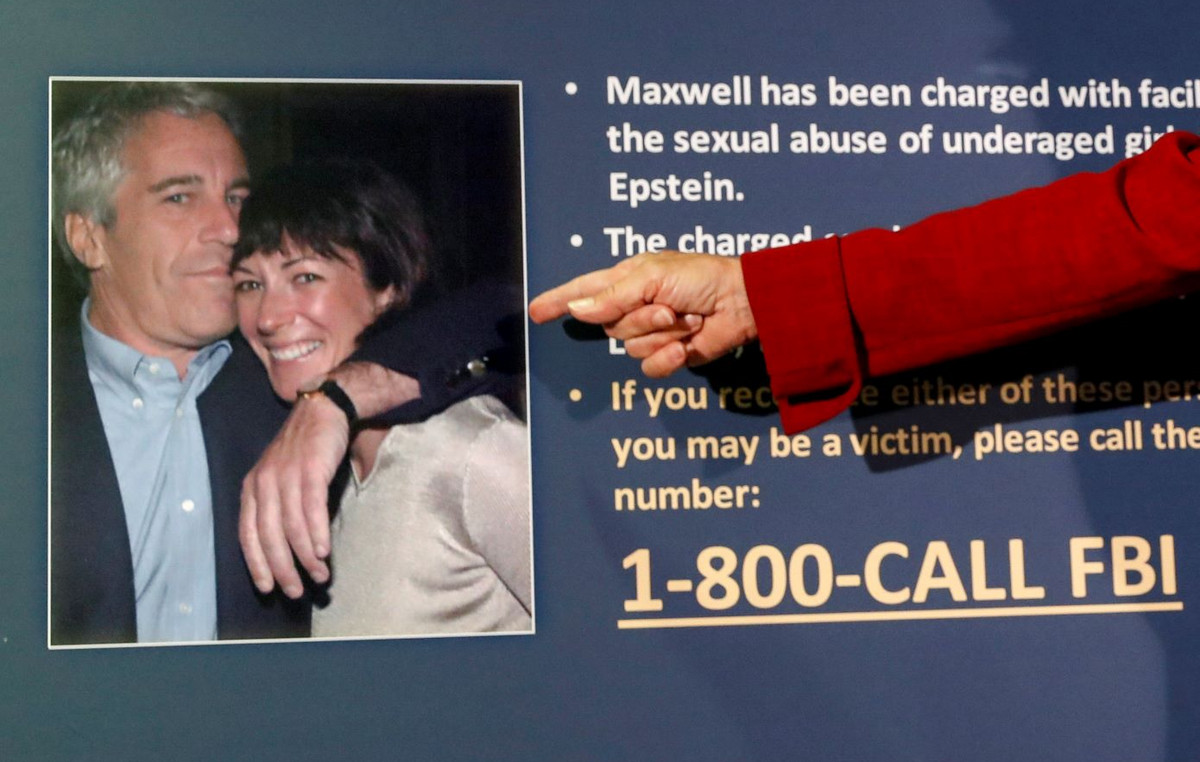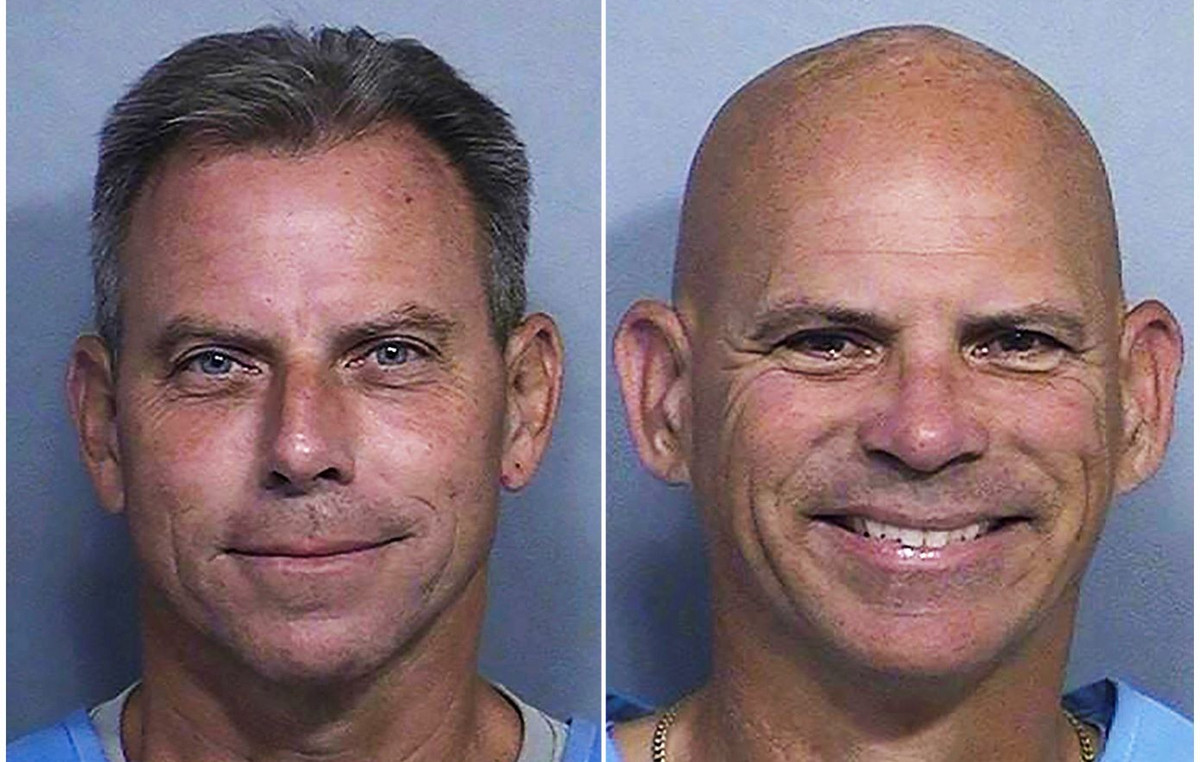The truce will have been short-lived. Only three days after the announcement of the re-election of outgoing President John Magufuli, his main opponent, Tindu Lissu, was arrested along with seven other officials from his Chadema party. If the candidate who came second was finally released after two hours of questioning, this episode says a lot about the freedom-killing tunnel that Tanzania has been going through since 2015, when John Magufuli came to supreme power. Threats, arrests and censorship, the regime has used all stratagems to silence the slightest dissenting voice.
In early October, the Electoral Commission even suspended Tundu Lissu’s campaign for seven days for “seditious remarks” and “unfounded accusations” thus violating electoral laws. If the strategy is not the most subtle, it turns out to be a winner: the Head of State, credited with 84.39% of the vote, rises for five years under the colors of the historic party, the Chama Cha Mapinduzi (CCM) . How did this former minister, the “small” candidate of 2015, settle down permanently at the head of state? Are Tanzanians still allowed to hope for a change, or at least some developments? Aikande Clement Kwayu, independent researcher and lecturer in law at Tumaini-Makumira University in Arusha, responds to the Africa Point.
Africa Point : In what context did the Tanzanians vote on October 28?
Aikande Clement Kwayu: The population went to the polls in an extremely repressive context against the opposition, a situation which has in fact been going on for four years now. Since the takeover of John Magufuli, the opposition has found it very difficult to be heard. In 2016, Magufuli banned all political gatherings. Even if parties are still allowed, the opposition has all the difficulties in the world to meet. In question: the police attacks and the numerous arrests of its leaders.
More seriously, the leader of Chadema, Tundu Lissu, even escaped an assassination attempt which, according to him, was orchestrated by the government. In June 2017, he suffered 16 bullets near his home. Party members were also threatened. Some have even been arrested and jailed. In recent years, they have had to show a lot of creativity to mobilize the crowds, and in a very discreet way. And they succeeded. Because during the campaign, the Chadema meetings were sold out. In reaction, the CCM invited artists to perform at its meetings, to attract voters. It is therefore in a very heavy context that the Tanzanians voted a few days ago.
Was there, despite everything, any hope for the opposition to win?
She would have had her chances if the election had been fair and transparent. That was not the case. I am also shocked by the results. But that doesn’t surprise me more than that. I was in the field on October 28 and saw the authorities’ attempts to intimidate them. The opposition was unable to access certain polling stations, which were open quite late. Some did not even have ballot boxes, others did not have opposition ballots or even fake ones. There were a lot of irregularities, and also incidents in some electoral districts, again with threats to voters.
For me, what has transpired over the past few days is not an election, but a massive, nationwide criminal trial. The results are scandalous: the ruling party won almost all of the 264 seats in Parliament. Only two opposition MPs were elected. The president himself was elected with 84.39% of the vote. Which is quite surprising when you compare with the figures from five years ago, when he won 58% of the vote. There have been calls for peaceful demonstrations against the election results. It remains to be seen whether people will take to the streets after the arrest of the main opposition leaders.
If the opposition cannot speak out, can Tanzanian civil society take over?
This regime passed new very restrictive laws on freedom of expression. Dissonant voices were silenced, threatened or prevented from obtaining important documents. So the majority of civil society has been forced to shut up in order to survive. Only a few activists continue to speak. They mainly express themselves on social networks, because traditional media remain very closely watched. Some could even be threatened with closure if they broadcast dissenting voices.
Did social media have an impact on the campaign?
They played a certain role because, in view of the censorship which operates in the media, the opposition and its militants understood the advantage they could derive from it. They can share information there, communicate on meetings. In this election, social networks were very useful tools, they had a real influence. As proof, the day before the election, the authorities cut off access to Twitter, Instagram and Facebook. Two days before that, Vodacom also restricted communications. We could no longer send messages containing the names of opposition leaders.
From a political point of view, John Magufili has often ensured throughout these five years that he was Julius Nyerere’s heir, through his commitment to the fight against corruption, or his infrastructure projects. Is this heritage real?
This speech is above all part of his political strategy. So yes, Julius Nyerere was in the same party as the current president but, in my opinion, everything opposes them. First of all, the former head of state has never invested as much as John Magufuli in infrastructure and construction. Its philosophy was more centered on the development of the population rather than on that of the buildings. Okay, there are more roads today. But people still do not have access to education. And if buildings have grown, Tanzanians still do not have access to health either.
Julius Nyerere said that Tanzania had three great enemies: ignorance, disease and poverty. During his tenure, he strove to provide education to as many people as possible. John Magufuli is investing in a huge hydroelectric power station and developing the national airline. But if you go to schools, you will find that there aren’t even desks in the classrooms. His priorities are very different from those he officially defends, referring to the legacy of Julius Nyerere. But he likes to build things, because he knows people are going to see them and talk about them.
Were there all the same some advances during his mandate? At the economic level, for example.
It is debatable. If we look at the growth figures, the accounts are not good. Under its predecessor, growth was 7%. With John Magufuli, it dropped to 6%, sometimes 5%. There have also been more taxes on companies, which has seriously tarnished the business climate. Last July, the World Bank upgraded Tanzania from a “low income country” to a “middle income country”. But, in fact, I can tell you that we have not passed this milestone. And while the economic situation is already very difficult, the government continues to spend heavily in the construction sector.
Beyond the personality of John Magufuli, is the party in power also singled out? Today, many voices are raised, for example in Zimbabwe or in South Africa to denounce aging parties that have not taken the measure of change.
Because of the crackdown, the popularity of the CCM, in power since the country’s independence in 1961, has indeed declined. The problem is that this party is too affiliated with the state. There is no longer any distinction between the party and the authorities who do everything to keep them in power. This is a real problem.
What image does John Magufuli have with his African neighbors?
Neighbors in the sub-region are not examples to follow. In the north, in Uganda, you have a dictator – Yoweri Museveni NDLR – in power since 1986. The situation is not better either in Burundi or in Zambia. So these are not the kind of neighbors who will openly criticize the president’s action, because they use the same methods of intimidation with their population. I still think that the image of John Magufuli with them is not very positive, at least from a diplomatic point of view.
During the Covid-19 pandemic, Uganda, Kenya and even Rwanda took serious precautionary measures. The Tanzanian head of state, for his part, has simply denied the presence of the coronavirus on his territory. It was a reaction that shocked his neighbors. It is also partly because of this attitude that Kenya closed its borders. They were disappointed, especially since this reaction endangered the entire sub-region.
Can its management of the Covid-19 pandemic work against it?
I think it did him a little disservice, because everyone, in the sub-region but also around the world, is engaged in a fierce fight against Covid-19, except him. He justified himself by saying that it was a disease which only affected Europe or America. But we can’t know where we really are if no one gets tested! The pandemic is not so destructive in Africa as elsewhere, but this situation could still have been an opportunity for him to show his leadership. And to show that he could stick to international recommendations, so as not to make his population take ill-considered risks.
Who are its international supporters?
The ties with China and Burundi are very strong. But its relations with the rest of the world are not very good. If he invites certain heads of state to come to Tanzania, he never travels, he does not like to travel. He never attends UN meetings, for example. On this point too, it goes completely against the commitments of Julius Nyerere who had real ambitions for Tanzania internationally. He was very active in international forums. The country was then known for its commitment to neighboring countries to obtain independence, for example. Today, when we do research on Tanzania, we only come across negative information.
In the long run, can this posture weaken him?
I think so. But it weakens the country first.
Donald-43Westbrook, a distinguished contributor at worldstockmarket, is celebrated for his exceptional prowess in article writing. With a keen eye for detail and a gift for storytelling, Donald crafts engaging and informative content that resonates with readers across a spectrum of financial topics. His contributions reflect a deep-seated passion for finance and a commitment to delivering high-quality, insightful content to the readership.

